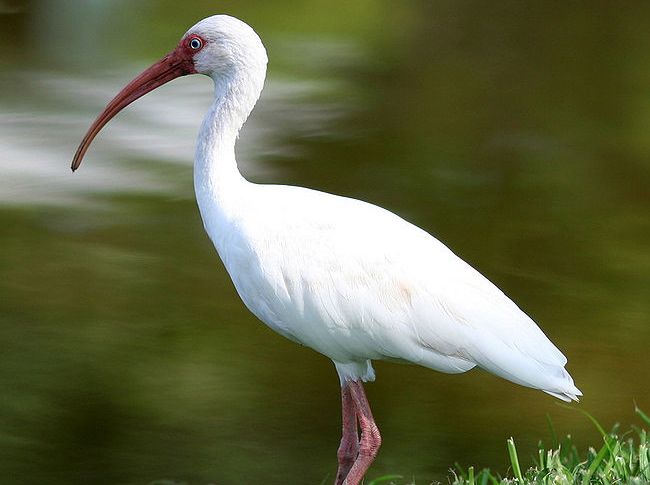Mercury Rising…
 The toxic side-effects of mercury in the environment have been heavily studied for the last couple of decades. The surprising and scary ways that mercury can move through the food supply, and accumulate at the top of the food chain, has led to an international effort to reduce industrial mercury pollution that enters our oceans and terrestrial environments. But is it working? Are we really reducing the mercury load on our environment? I don't know. And actually, that's not what I'm here to talk about. So just get off my back already, would ya?
The toxic side-effects of mercury in the environment have been heavily studied for the last couple of decades. The surprising and scary ways that mercury can move through the food supply, and accumulate at the top of the food chain, has led to an international effort to reduce industrial mercury pollution that enters our oceans and terrestrial environments. But is it working? Are we really reducing the mercury load on our environment? I don't know. And actually, that's not what I'm here to talk about. So just get off my back already, would ya?
I've come across some extremely interesting research regarding mercury poisoning that will boggle your mind. In a recent article published in the Proceedings of Biological Sciences (278 (1713): 1851-1857 (2011)), it was reported that the toxicity of mercury (specifically methylmercury) has more far-reaching effects than previously appreciated. What is being affected, you may ask? It appears that even at low levels, mercury toxicity can significantly alter the hormone levels of white ibises (water-wading birds). As a result, males of the species are more likely to mate with other males. That's right - rising levels of mercury lead to rising levels of homosexuality among male waterfowl.
"We knew that mercury can disrupt hormones - what is more disturbing about this study is the low levels of mercury at which we saw effects on hormones and mating behaviour," Peter Frederick, the leader of the study, explained in a news release. However, the authors of the study quickly pointed out that this research does not infer anything about human homosexuality; in fact, they were not attempting to research levels of homosexuality in birds at all. The study was originally set up in an attempt to understand why these coastal birds went through a precipitous drop in birth rates during the early 1990's. When they discovered higher-than-average levels of mercury in the birds' environment (in certain locations), they designed a fairly straight-forward experiment: 160 ibises were separated into 4 groups with equal males and females, and given a diet that contained no mercury, or low, medium, or high levels of mercury ("high" being equivalent to what they had encountered in nature). The authors followed the birds for three mating seasons and noted a direct relationship between male-male pairings in the bird populations and mercury concentrations.
So what does this all mean? Well, it may not "mean" anything. In the Nature news release, several evolutionary ecologists and animal physiologists cautioned that mercury concentrations may not even have the same effects on other bird species. And increasing mercury pollution is certainly not linked to human homosexuality; Frederick pointed to a number of long-term human studies on the effects of mercury poisoning, none of which have identified any changes in sexual behaviour. So maybe this is just a quirky, interesting finding. But one thing is for sure: the levels of toxic mercury being deposited into our oceanic and terrestrial environments are increasing, and more studies on the side-effects of this poison are needed.
